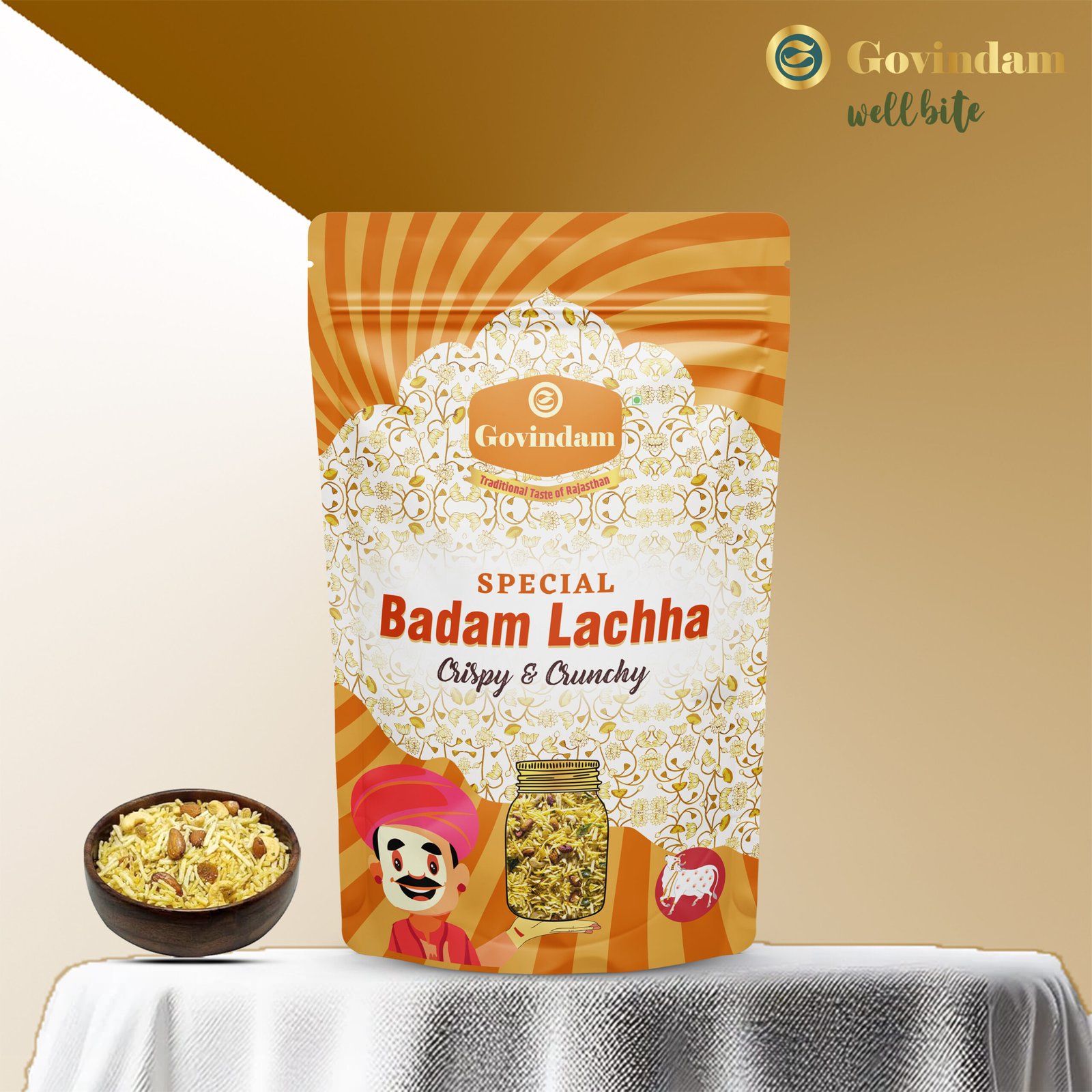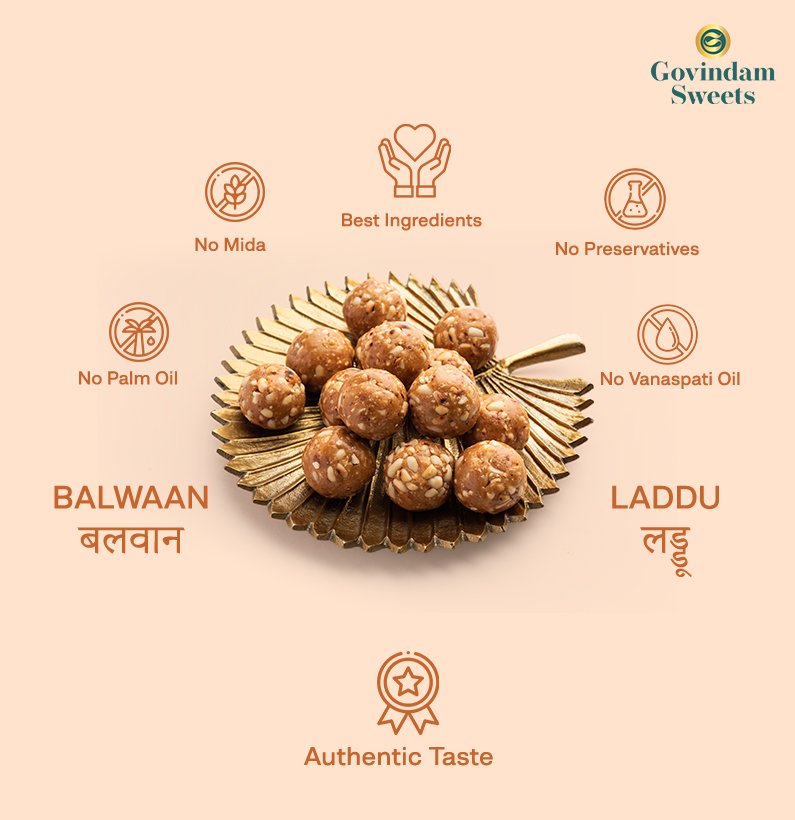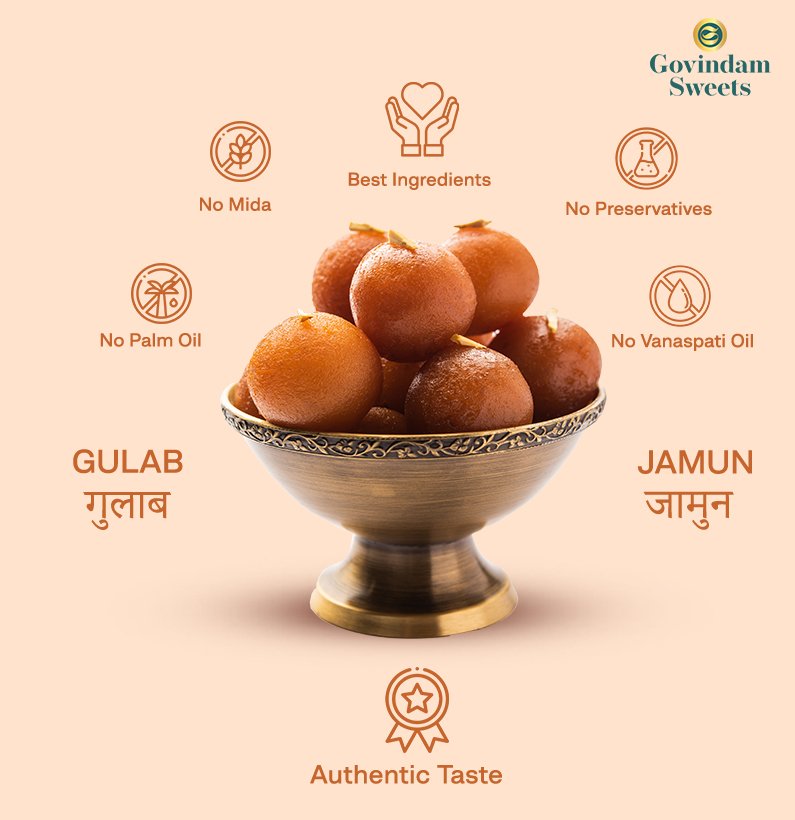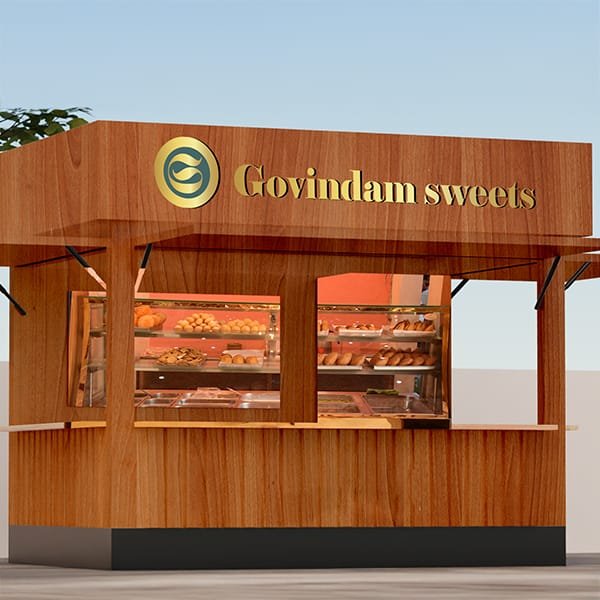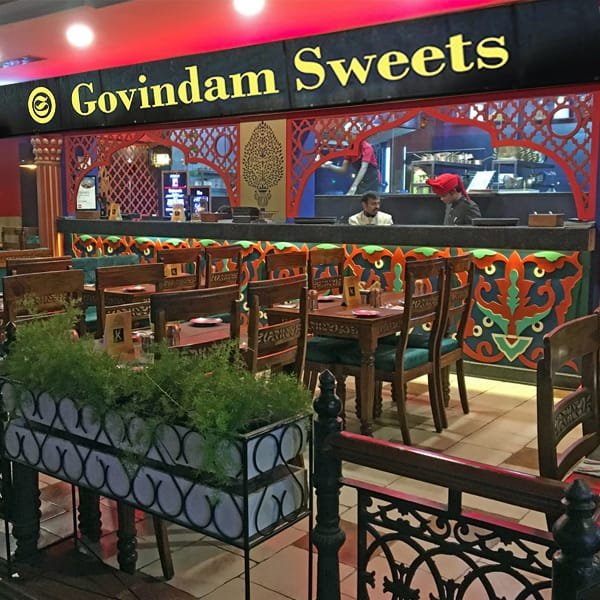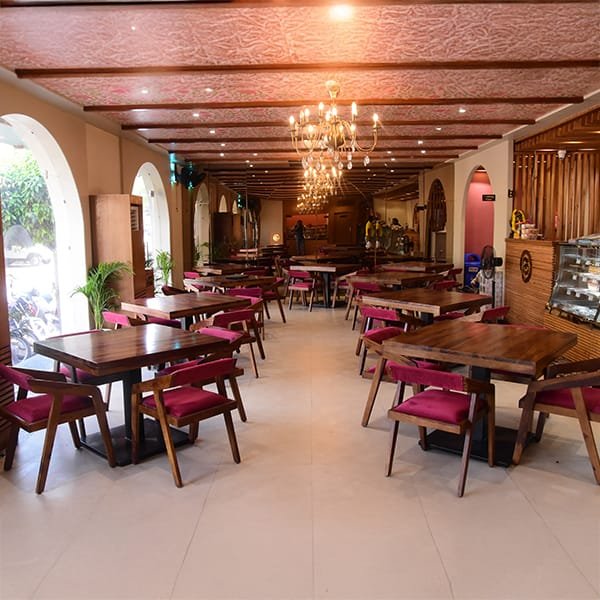
Posts
Start a Dessert Franchise in Singapore – Low Investment

Discover how to launch a successful dessert franchise in Singapore with minimal initial investment. This comprehensive guide explores the thriving Singaporean sweet market, highlights low-cost franchise opportunities, and provides essential information for entrepreneurs seeking to establish a profitable dessert business in one of Asia’s most promising markets.
Singapore’s Sweet Spot: The Dessert Market Opportunity
Singapore’s vibrant food scene has long been recognized as one of the world’s most diverse and dynamic culinary landscapes. Within this rich ecosystem, dessert concepts have emerged as particularly attractive business opportunities, combining lower operational complexity than full-service restaurants with the universal appeal of sweet indulgences. The dessert franchise Singapore market has experienced remarkable growth in recent years, creating excellent entry points for aspiring entrepreneurs seeking profitable ventures with manageable startup costs.
With a population that enthusiastically embraces food trends and possesses significant purchasing power, Singapore provides fertile ground for dessert concepts that can deliver memorable experiences and Instagram-worthy presentations. The city-state’s multi-cultural composition further enhances opportunities, allowing for diverse offerings ranging from traditional Asian desserts to Western confections, bubble tea innovations, and creative fusion concepts.
Why Dessert Businesses Thrive in Singapore
Several factors make dessert franchise opportunities in Singapore particularly attractive:
- High Foot Traffic Environments: Singapore’s numerous shopping malls, commercial hubs, and tourist destinations provide ideal locations with steady customer flow.
- Food Delivery Boom: The extraordinary growth of food delivery platforms has created additional revenue streams for dessert businesses without requiring expanded physical space.
- Experience-Focused Culture: Singaporeans value unique experiences and are willing to pay premium prices for novel, photogenic treats that offer social media bragging rights.
- Favorable Weather: Year-round warm weather makes cold desserts perennially appealing, while air-conditioned malls provide comfortable environments for enjoying all types of sweet treats.
- Diverse Customer Base: The mix of locals, expatriates, and tourists creates multiple target markets with varied preferences and price points.
“The dessert category offers one of the most accessible entry points into Singapore’s food scene,” explains Ming Chen, F&B industry analyst. “Lower space requirements, simpler operations, and strong margins make it particularly attractive for first-time entrepreneurs or those with limited capital.”
Low-Investment Dessert Franchise Opportunities in Singapore
What Constitutes a “Low Investment” Opportunity?
When exploring dessert franchise Singapore options, investment levels vary significantly across concepts. For this discussion, we define “low investment” opportunities as those requiring total initial investments under S$150,000. These more accessible options typically involve some combination of:
- Smaller retail footprints (under 400 square feet)
- Simplified equipment packages
- Kiosk or counter service formats
- Limited production models (some items prepared offsite)
- Locations in food courts rather than standalone stores
These models allow entrepreneurs to enter the dessert industry with more modest capital while still benefiting from established brands and proven systems.
Types of Low-Cost Dessert Franchise Concepts in Singapore
Several categories of dessert franchise in Singapore offer lower investment entry points:
Traditional Asian Dessert Concepts
Traditional Chinese Dessert Shops
Franchises focusing on traditional hot and cold Chinese desserts typically require investments between S$80,000-S$120,000. These concepts feature relatively simple equipment needs and often work well in food court environments.
Examples:
- Sweet Dynasty (黄金糖王朝)
- Honeymoon Dessert (满记甜品)
- Ji De Chi (记得吃)
Korean Bingsu Specialists
Korean shaved ice concepts offer attractive startup costs, typically ranging from S$70,000-S$100,000, with compact footprints and focused menus.
Examples:
- Snowman Desserts
- Bing Go Jung
- Ice Lab
Modern Dessert Kiosks
Bubble Tea/Dessert Drink Concepts
These highly popular concepts often represent the lowest investment threshold (S$50,000-S$90,000) while offering strong revenue potential, particularly in high-traffic locations.
Examples:
- Sweeter Hut
- ShareTea
- Gong Cha
Specialized Dessert Concepts
Single-product focused dessert kiosks (Japanese cheesecake, cream puffs, egg tarts, etc.) offer streamlined operations with investments typically between S$80,000-S$130,000.
Examples:
- Beard Papa’s
- Châteraisé
- Tai Cheong Bakery
Express Format Western Concepts
Cookie and Brownie Kiosks
These concepts offer simple operations with limited equipment needs, typically requiring investments between S$60,000-S$100,000.
Examples:
- Famous Amos
- Mrs. Fields
- The Cookie Museum
Ice Cream and Gelato Counters
Focused ice cream concepts can start with investments of S$90,000-S$140,000, offering year-round appeal in Singapore’s climate.
Examples:
- Venchi
- Andersen’s of Denmark
- Häagen-Dazs Express
The Economics of a Dessert Franchise in Singapore
Understanding the Financial Model
The financial structure of a dessert franchise in Singapore typically includes:
Investment ComponentTypical Range for Low Investment ConceptsFranchise FeeS$20,000-S$40,000Renovation/FitoutS$30,000-S$60,000EquipmentS$15,000-S$30,000Initial InventoryS$3,000-S$8,000TrainingS$2,000-S$5,000Opening MarketingS$5,000-S$10,000Working CapitalS$15,000-S$30,000Total Initial InvestmentS$90,000-S$150,000
Return on Investment Expectations
While specific performance varies considerably by concept, location, and management, dessert franchises in Singapore typically offer these financial characteristics:
- Gross Margins: 60-75% (significantly higher than full-service restaurants)
- Labor Costs: 15-25% of revenue (lower than most food service categories)
- Typical Break-Even Timeline: 12-24 months
- Average Monthly Revenue Range: S$15,000-S$40,000 for kiosk concepts
- Potential Net Profit Margin: 10-20% after stabilization
The combination of strong margins and lower operational costs contributes to the attractive economics of a dessert franchise in Singapore, particularly for concepts with efficient operations and strategic locations.
Key Considerations When Selecting a Dessert Franchise in Singapore
Beyond the Initial Investment
While the initial cost is certainly important, evaluating a dessert franchise in Singapore requires examining several other critical factors:
1. Ongoing Fees and Costs
Understand the complete fee structure, including:
- Royalty fees (typically 5-8% of gross sales)
- Marketing fund contributions (usually 1-3% of gross sales)
- Technology fees (may be separate or included in royalty)
- Renewal fees for the franchise agreement
2. Location Restrictions and Territory Protection
Clarify what geographic protection you’ll receive as a franchisee. In Singapore’s compact market, this is particularly important to prevent cannibalization from other units of the same brand.
3. Training and Support Systems
Evaluate the comprehensiveness of:
- Initial training programs (duration, location, topics covered)
- Ongoing training opportunities
- Opening support
- Operational manuals and systems
- Marketing assistance
4. Supply Chain Requirements
Understand how product supply works:
- Proprietary ingredients and required purchases
- Approved supplier programs
- Inventory management systems
- Production flexibility vs. standardization
5. Adaptation to Singaporean Market
For international brands entering Singapore, consider:
- Menu adaptation to local preferences
- Supply chain functionality in Singapore
- Marketing relevance to Singaporean consumers
- Pricing strategy for the local market
Location Strategy for Your Dessert Franchise in Singapore
Finding the Sweet Spot for Success
Location dramatically impacts the performance of any dessert franchise in Singapore. Key considerations include:
Prime Location Types for Dessert Concepts
- Shopping Mall Food Courts
- Captive audience with minimal fitout costs
- Shared seating and utilities
- High foot traffic
- Lower initial investment than standalone stores
- MRT Station Adjoining Spaces
- High commuter traffic
- Excellent visibility
- Suitable for grab-and-go concepts
- Particularly effective for concepts like bubble tea and cookies
- Neighborhood Mall Inline Spaces
- Lower rental costs than premium malls
- Loyal local customer base
- Often available in smaller formats ideal for dessert concepts
- Good for building community presence
- High Street Kiosks
- Tourist exposure in areas like Orchard Road
- Premium brand positioning
- Higher rental costs offset by brand visibility
- Best suited for established concepts with strong marketing
- Food Delivery Kitchen Spaces
- Minimal front-of-house investment
- Focus on production
- Leverages delivery platforms for distribution
- Lowest initial investment option
Singaporean Market Considerations
When selecting a location for your dessert franchise in Singapore, consider these market-specific factors:
- Catchment Demographics: Different neighborhoods have distinct preferences and spending patterns
- Competition Mapping: Singapore’s compact nature means carefully analyzing nearby competitors
- Rental Structures: Understanding gross rental, net rental, and percentage rent models
- Lease Terms: Typical mall leases run 2-3 years with renewal options
- Air Conditioning Costs: A significant expense in Singapore’s climate
Marketing Your Dessert Franchise in Singapore
Building Sweet Success Through Effective Marketing
A successful dessert franchise in Singapore requires effective marketing strategies that build awareness and drive customer traffic:
Digital Marketing Essentials
- Location-Based SEO and SEM
- Optimize for “dessert near me” and local search terms
- Create Google Business Profile with appetizing photos
- Targeted paid search for your immediate trading area
- Social Media Strategy
- Instagram-worthy presentation of products
- Influencer partnerships key in Singapore market
- Location tagging and local hashtags
- Paid social targeting within 2-3km radius
- Food Delivery Platform Optimization
- Professional food photography
- Strategic pricing and bundling
- Promotions coordinated with platform events
- Performance monitoring and menu optimization
Singapore-Specific Marketing Approaches
- Food Blogger Engagement
- Singapore has influential food bloggers with loyal followings
- Opening tastings and review invitations
- Blogger-exclusive creations or promotions
- Long-term relationship building
- Cross-Promotion with Complementary Businesses
- Partner with nearby businesses for mutual promotion
- Create bundles with complementary food offerings
- Tap into office worker populations for group orders
- Seasonal Promotions
- Align with Singapore’s festival calendar (Chinese New Year, Hari Raya, Deepavali)
- School holiday special promotions
- Rainy season comfort desserts
- Limited-time offerings for urgency
Navigating Regulations for Your Dessert Franchise in Singapore
Compliance Considerations for Sweet Success
Operating a dessert franchise in Singapore requires compliance with various regulations:
Food Establishment Licensing
- Singapore Food Agency (SFA) License: Required for all food establishments
- Food Handler Certification: Mandatory for staff handling food
- Grading System: Regular inspections result in hygiene grades (A, B, C or D)
Business Registration Requirements
- Business Registration: Via ACRA (Accounting and Corporate Regulatory Authority)
- Foreign Entrepreneur Considerations: EntrePass or other appropriate work pass
- Company Formation: Private Limited Company structure most common for franchisees
Labor Regulations
- Work Hour Limitations: Compliance with Employment Act
- Foreign Worker Quotas: Restrictions on number of foreign employees
- CPF Contributions: Mandatory for Singaporean employees
Working with a Singapore-based corporate services firm familiar with both F&B regulations and franchise law is strongly recommended when establishing your dessert franchise in Singapore.
Success Factors for Your Dessert Franchise in Singapore
Key Elements That Drive Sweet Success
Several factors distinguish thriving dessert franchises from those that struggle:
1. Product Differentiation
In Singapore’s competitive market, a distinctive product offering is essential. Successful concepts offer something unique in taste, presentation, or concept that customers can’t easily find elsewhere.
2. Social Media Appeal
“Instagrammability” is particularly important in Singapore, where social sharing drives significant foot traffic. Photogenic presentations, innovative serving methods, and eye-catching store designs all contribute to social media success.
3. Location Excellence
Even the best dessert concept struggles in a poor location. Prime positioning with strong visibility and foot traffic remains crucial, with carefully negotiated rental terms to ensure profitability.
4. Operational Efficiency
Given the relatively lower average tickets of dessert purchases, operational efficiency is essential for maintaining healthy margins. Stream-lined processes, minimal waste, and effective staff utilization are critical.
5. Multi-Channel Strategy
The most successful dessert franchises in Singapore leverage multiple sales channels, including in-store, takeaway, food delivery platforms, and corporate/event catering to maximize revenue from a single production facility.
Evaluating Franchise Partners for Your Dessert Business
Choosing the Right Franchise Partnership
When selecting a dessert franchise in Singapore, evaluate potential franchise partners based on:
1. Track Record in Singapore
- How long has the franchise operated in Singapore specifically?
- How many units are currently operating in Singapore?
- What is their performance history in the local market?
- How have they adapted to Singapore’s unique characteristics?
2. Franchisee Support Structure
- Is support provided locally or from overseas headquarters?
- What ongoing training and operational assistance is available?
- How responsive is their support team to franchisee needs?
- What technology systems support the business?
3. Supply Chain Robustness
- Are key ingredients available reliably in Singapore?
- What contingency plans exist for supply disruptions?
- How are quality standards maintained across the supply chain?
- What purchasing advantages come with the franchise system?
4. Brand Positioning and Marketing
- How is the brand positioned in Singapore’s competitive market?
- What marketing support is provided at the local level?
- How effective is their social media and digital strategy?
- What cooperative advertising programs exist?
The Application Process for a Dessert Franchise in Singapore
Steps to Sweet Success
The typical process to acquire a dessert franchise in Singapore includes:
- Initial Inquiry: Submit basic information through the franchise’s website
- Preliminary Qualification: Initial screening based on financial qualifications and background
- Introductory Meeting: Discussion with franchise development representative
- Disclosure Review: Receive and review the franchise disclosure document
- Existing Unit Visits: Tour operating units in Singapore
- Franchisee Interviews: Speak with current franchisees about their experience
- Business Plan Development: Create detailed projections for your specific location
- Application Submission: Formal application with financial documentation
- Final Approval: Acceptance into the franchise system
- Agreement Signing: Execution of franchise agreement
- Location Selection: Site identification and approval
- Training Commencement: Pre-opening preparation
- Grand Opening: Launch of your dessert franchise
This process typically takes 3-6 months from initial inquiry to signing the franchise agreement.
Financing Your Dessert Franchise in Singapore
Funding Your Sweet Venture
Several funding options exist for your dessert franchise in Singapore:
1. Traditional Bank Financing
Major Singaporean banks offer business loans specifically for franchise investments, often with more favorable terms than standard small business loans due to the proven business model.
2. Enterprise Singapore Assistance
Government agency Enterprise Singapore provides various assistance packages for SMEs, including:
- Enterprise Financing Scheme
- Startup SG Founder grants
- Productivity Solutions Grant for technology adoption
3. Franchisor Financing
Some franchise systems offer internal financing options, either covering a portion of the franchise fee or providing equipment leasing arrangements.
4. Private Investors
Angel investors or family offices in Singapore often view F&B franchises favorably due to their tangible assets and proven models.
Best Dessert Franchise in Singapore: Top Opportunities
Most Promising Low-Investment Concepts
Based on market performance, investment requirements, and growth potential, these concepts represent some of the best dessert franchise opportunities in Singapore:
Châteraisé
This Japanese-style pastry and cake concept has shown strong growth in Singapore with relatively modest investment requirements.
Investment Level: S$100,000-S$150,000
Concept Highlights: Premium Japanese cakes and pastries with strong gifting appeal
Location Strategy: Neighborhood malls and upscale food halls
Market Differentiation: High-quality ingredients and distinctive Japanese techniques
Gong Cha
This established bubble tea brand offers one of the lowest investment thresholds with proven market acceptance.
Investment Level: S$80,000-S$120,000
Concept Highlights: Customizable bubble tea with strong takeaway business
Location Strategy: High foot traffic areas, food courts, and near schools/offices
Market Differentiation: Consistent quality with strong brand recognition
Venchi
This Italian chocolate and gelato concept offers a premium positioning with manageable startup costs in its counter format.
Investment Level: S$120,000-S$150,000
Concept Highlights: Premium Italian gelato and chocolates
Location Strategy: Upscale malls and tourist areas
Market Differentiation: Heritage Italian brand with luxury positioning
Beard Papa’s
This Japanese cream puff concept offers simple operations with strong margins and brand recognition.
Investment Level: S$90,000-S$130,000
Concept Highlights: Fresh-filled cream puffs prepared to order
Location Strategy: Shopping malls and food courts
Market Differentiation: Theatrical preparation and consistent product quality
Profitable Dessert Business Ideas Singapore: Beyond Traditional Franchises
Alternative Sweet Business Models
Beyond established franchises, consider these profitable dessert business ideas in Singapore:
Dessert Food Truck
While navigating regulations is complex, mobile dessert concepts offer lower startup costs and location flexibility.
Investment Level: S$50,000-S$80,000
Concept Potential: Event catering and rotating locations
Regulatory Note: Requires URA and NEA approvals for operating locations
Home-Based Bakery
Singapore’s Home-Based Business Scheme allows for small-scale production with minimal startup costs.
Investment Level: S$5,000-S$15,000
Concept Potential: Specialty items with online ordering and delivery
Scaling Strategy: Build following before expanding to physical location
Dessert Subscription Service
Recurring revenue models with centralized production facilities offer attractive economics.
Investment Level: S$30,000-S$60,000
Concept Potential: Regular delivery of premium dessert boxes
Target Market: Corporate gifting and affluent households
Ready to Start Your Dessert Franchise Journey in Singapore?
Next Steps for Sweet Success
If you’re considering a dessert franchise in Singapore, these practical next steps will help you move forward:
- Self-Assessment: Evaluate your capital resources, skills, and commitment level
- Research: Investigate multiple franchise concepts that match your investment parameters
- Market Visits: Experience potential concepts as a customer to assess quality and operations
- Franchise Events: Participate in franchise expos in Singapore
- Location Scouting: Begin identifying potential locations in your target area
- Financial Planning: Meet with financial advisors to structure your investment
- Legal Consultation: Connect with a franchise attorney familiar with Singapore regulations
Resources for Further Investigation
To continue your exploration of dessert franchise opportunities in Singapore, consider these resources:
- Franchising and Licensing Association Singapore (FLA)
- Enterprise Singapore’s Franchise Development assistance
- Singapore Productivity Centre’s F&B benchmarking reports
- Upcoming Franchising & Licensing Asia exhibition
Conclusion: The Sweet Future of Dessert Franchising in Singapore
The combination of lower investment requirements, strong profit margins, operational simplicity, and growing consumer demand makes a dessert franchise in Singapore an attractive opportunity for entrepreneurs. By carefully selecting the right franchise partner, securing an optimal location, and implementing effective marketing strategies, you can build a successful dessert business with reasonable startup costs and strong growth potential.
Whether you’re drawn to traditional Asian desserts, bubble tea concepts, or Western sweet treats, the Singapore market offers fertile ground for dessert businesses that deliver quality, consistency, and memorable experiences.
For more information about dessert franchise opportunities and the Singapore market, consider these resources: Franchising and Licensing Association Singapore, Enterprise Singapore, and Singapore Business Federation.
Frequently Asked Questions About Dessert Franchises in Singapore
What are the most profitable types of dessert franchises in Singapore?
The highest profit margin dessert franchises in Singapore typically feature specialized products with low ingredient costs, efficient labor models, and premium positioning. Bubble tea concepts often show strong profitability due to their combination of relatively low production costs, high turnover, and premium pricing. Specialized single-product concepts like Japanese cheesecake, cream puffs, and egg tarts frequently outperform more complex dessert cafés due to simplified operations and focused marketing. Location quality significantly impacts profitability regardless of concept, with food court kiosks often achieving better returns on investment than standalone stores due to lower initial costs and guaranteed foot traffic. Concepts with multiple revenue streams (retail, delivery, catering) generally outperform single-channel businesses.
How much liquid capital do I need to open a dessert franchise in Singapore?
Most dessert franchises in Singapore require entrepreneurs to have liquid capital (cash readily available) of approximately 30-50% of the total investment. For low-investment concepts in the S$80,000-S$150,000 range, franchisors typically require S$30,000-S$75,000 in liquid assets. Beyond the initial investment, sufficient working capital is essential for the first 6-12 months of operation until the business reaches break-even. Singapore’s relatively high operating costs (especially rent and labor) mean adequate capitalization is crucial for success. Franchisors assess financial qualifications not only to ensure you can open the business but also to verify you can sustain operations through the initial growth period. Government assistance programs through Enterprise Singapore may help reduce the liquid capital requirements for qualified local entrepreneurs.
What locations work best for dessert businesses in Singapore?
The most successful dessert franchises in Singapore typically locate in areas with strong foot traffic, complementary businesses, and appropriate demographic profiles. Shopping mall food courts offer lower setup costs and guaranteed foot traffic, making them ideal for new concepts or first-time entrepreneurs. Neighborhood malls like those operated by Frasers or NTUC often provide better rental value than premium downtown locations while still delivering solid customer flow. MRT station adjacent spaces work well for grab-and-go concepts like bubble tea or cookies. For experience-focused dessert concepts, locations near entertainment venues or in lifestyle malls perform better than purely transactional environments. Areas with significant office worker populations can support premium concepts with higher price points, particularly if they offer attractive environments for business meetings or after-work socializing.
What are the typical operating hours for dessert franchises in Singapore?
Most dessert franchises in Singapore operate on standard shopping mall hours of approximately 10 AM to 10 PM, seven days a week. Food court locations may have mandatory operating hours stipulated by the landlord, typically 10 AM to 10 PM with some flexibility for breakfast concepts. Bubble tea and grab-and-go concepts in high-traffic areas like MRT stations often extend hours to capture commuter traffic, sometimes operating from 8 AM to 11 PM. Dessert concepts in entertainment districts may focus on evening hours (2 PM to midnight) to capture after-dinner and late-night crowds. Singapore’s year-round tropical climate means seasonal operating adjustments are minimal compared to other markets. Most franchisors require minimum operating hours to maintain brand standards and maximize revenue potential, with penalties for non-compliance in some systems.
What training and support do dessert franchisors typically provide?
Quality dessert franchises in Singapore typically provide comprehensive initial training ranging from 1-3 weeks covering product preparation, business operations, staff management, and marketing. This training often occurs at a corporate training center or an operating unit designated for training. Opening support generally includes on-site assistance for the first 7-14 days of operation. Ongoing support typically features regular field visits from franchise consultants, continuous training updates, marketing assistance, and access to operational resources. International franchises usually establish local support offices or master franchisee structures to provide timely assistance in Singapore’s time zone. The most supportive franchisors offer regular business review sessions, benchmark comparisons with similar units, and personalized development plans for franchisees seeking to optimize performance. Technology support is increasingly important, with leading franchisors providing proprietary POS systems, inventory management tools, and digital marketing assistance.
How are dessert franchises adapting to health-conscious consumer trends in Singapore?
Forward-thinking dessert franchises in Singapore are responding to health-conscious consumers through several approaches: offering portion-controlled options; developing reduced-sugar variations; featuring products with natural ingredients and fewer additives; incorporating functional ingredients with perceived health benefits like antioxidant-rich matcha or collagen; providing clear nutritional information; and creating dairy-free, gluten-free or vegan alternatives. Singapore’s Health Promotion Board has also introduced the Healthier Dining Programme, which some dessert franchises have joined by offering qualifying lower-sugar options. Rather than compromising on indulgence, the most successful concepts focus on “worth it” indulgences with premium quality and authentic ingredients that justify the splurge. Many brands also emphasize the occasional treat aspect of their offerings rather than positioning desserts as everyday consumption items.





